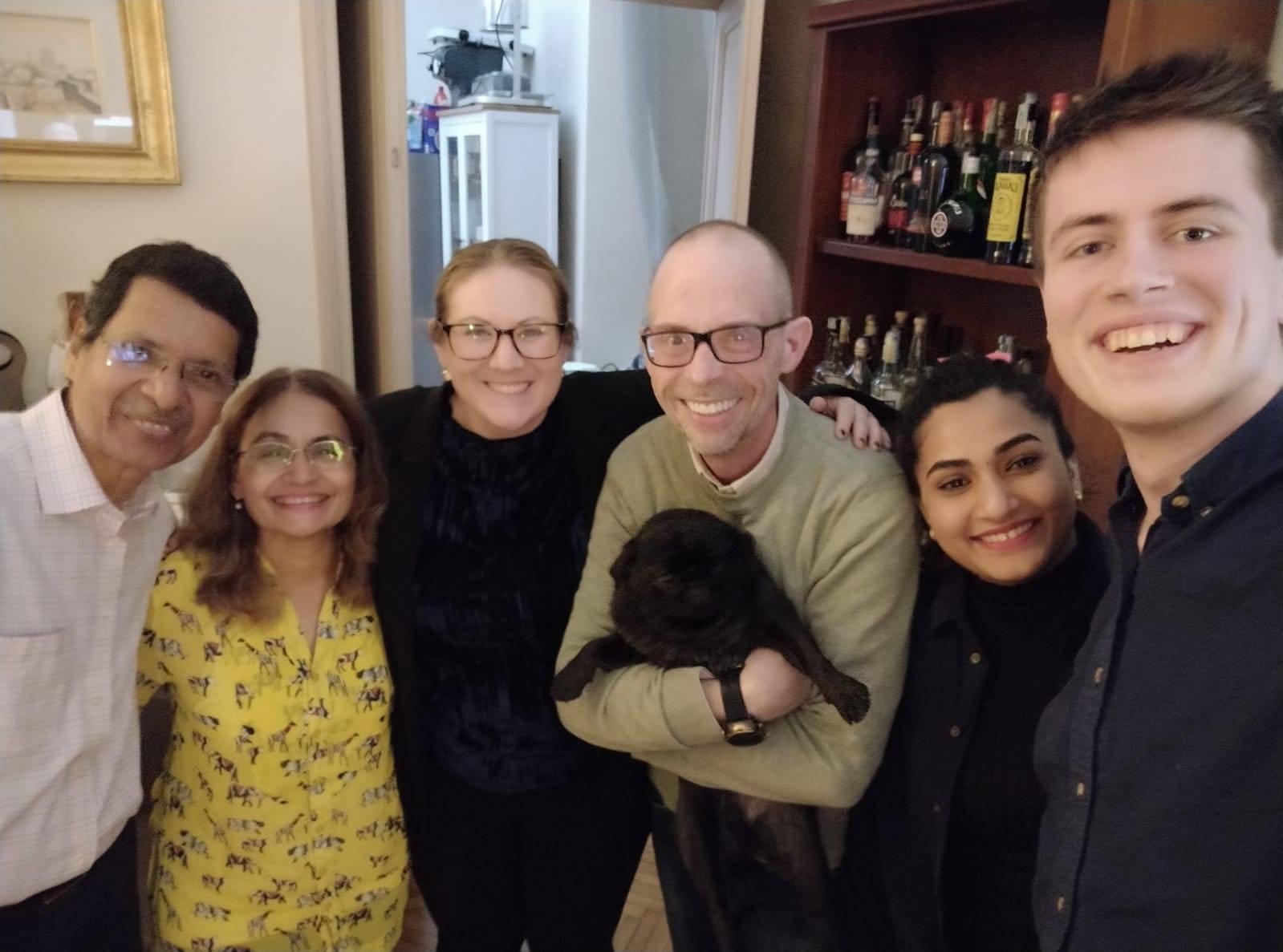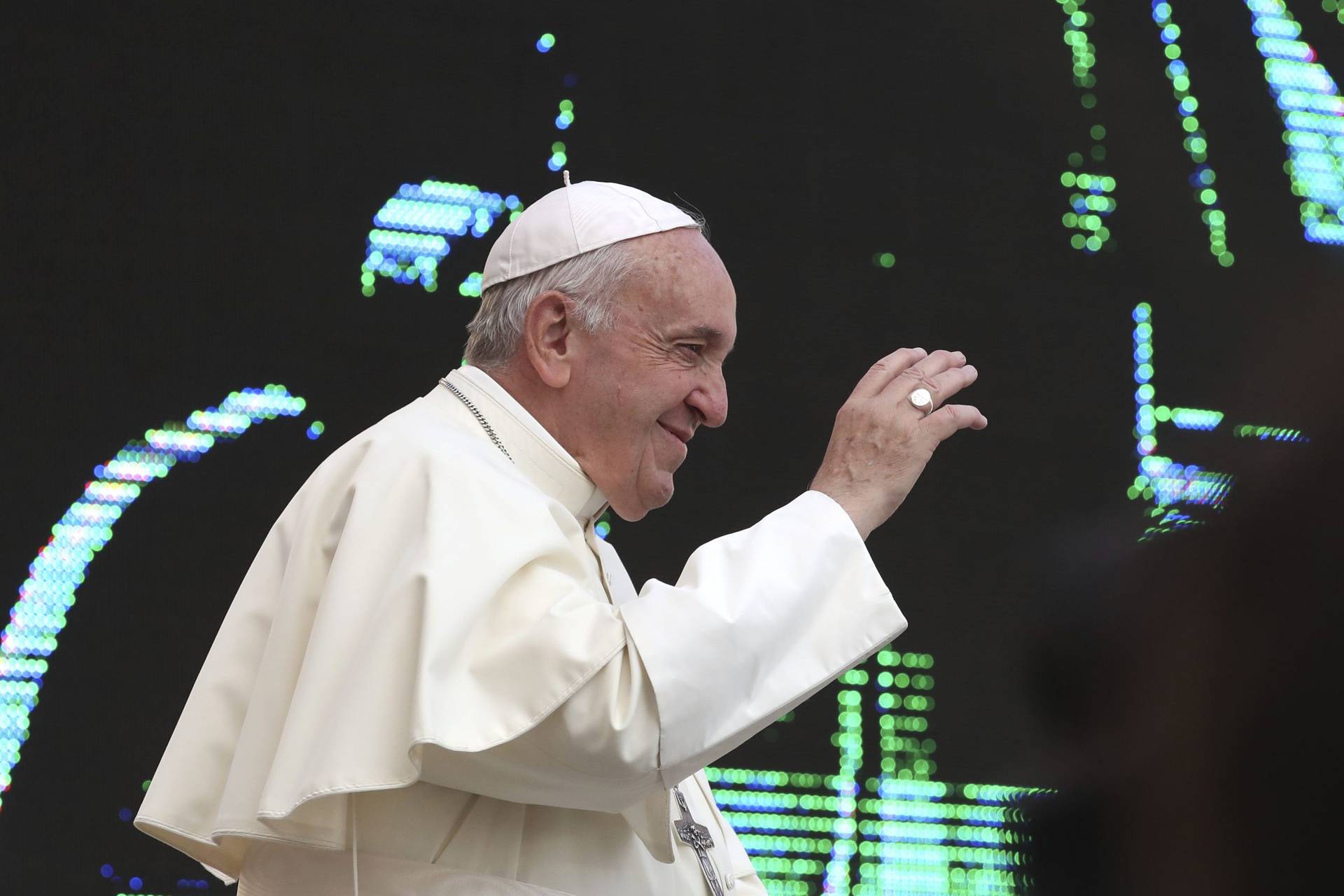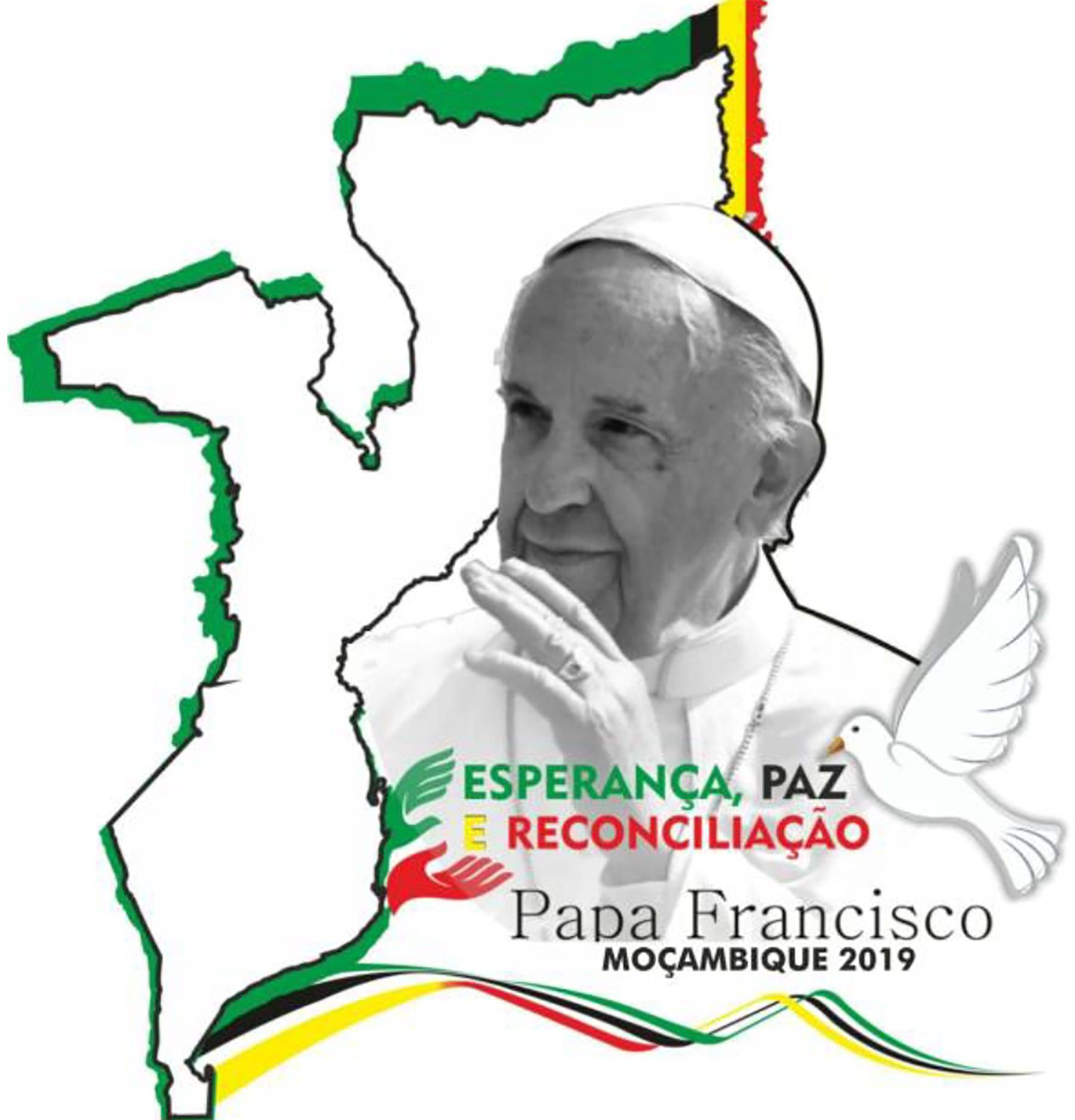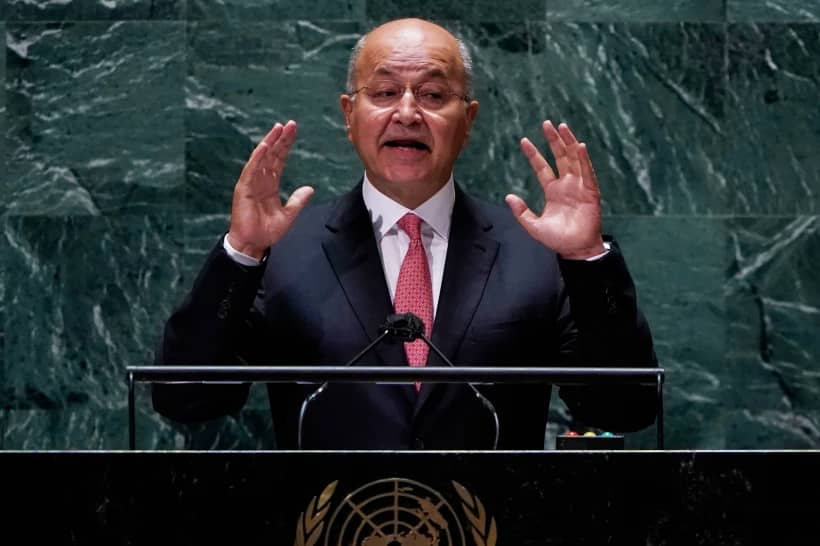HAVANA/HOLGUIN/SANTIAGO – Following Pope Francis on the road, one thing has become crystal clear: When he sets aside his prepared text and launches into a trademark spontaneous rumination, it’s time to buckle the seat belts because something jolting may be on the way.
On Sunday night, he delivered two entirely off-the-cuff talks in Spanish, one to a group of priests, men and women religious, and seminarians, and another to a crowd of Cuban youth. They centered on four of his core themes – poverty, mercy, friendship, and hope.
As he often does in such cases, Francis blended spiritual meditation with flashes of country humor.
At one stage, the pope brought the house down by saying that bad accountants are actually good for the Church, because they “keep it poor.” At another he insisted poverty in religious life doesn’t have to mean joylessness, quipping, “God rid us of crying nuns!”
Strikingly, many Cubans described the two talks as “gutsy” and “challenging,” not because they contained any particular political message, but simply because they represented a departure from the rhetoric that normally dominates public life here.
For a pope who began his reign voicing his dream of a “poor Church for the poor,” his emphasis on poverty seemed entirely natural.
“The spirit of the world doesn’t want poverty, it tries to hide it, not out of modesty but because of contempt,” Francis told the clergy and religious gathered in Havana’s downtown cathedral.
The pontiff distinguished between a “reasonable” effort to avoid material poverty and failure to practice poverty of the heart, meaning avoiding an undue attachment to material goods.
Quoting St. Ignatius of Loyola, founder of the pope’s own Jesuit order – the pontiff joked he wasn’t engaging in “publicity” on behalf of his religious family – he called poverty the “wall” and the “mother” of religious life.
“How many souls started off well but then became worldly and ended up mediocre, without love, because richness impoverishes,” Francis said.
Jokingly, Francis said that “disastrous accountants are great for the Church, because they make it free, they make it poor.” He called on the Church to serve “the smallest ones, the ones left behind, the ones no one takes into account [and] no one loves.”
Laughingly, the pope said that embracing a spirit of poverty doesn’t mean coming off as stern or austere.
“May God rid us of crying nuns,” he laughed, insisting that he was actually quoting St. Teresa of Ávila.
In a familiar turn of phrase, Francis called on the religious to resist a “throw-away” culture. He offered the example of an unborn child “sent back,” meaning aborted, because tests show the child would be born with a degenerative illness.
Speaking to priests, he called on them to “never tire of forgiving” in the sacrament of confession and to avoid coming off as judgmental, saying “think about your own sins.”
“Don’t be afraid of mercy,” Francis said. “Let it flow between your fingers.”
With the youth, Francis encouraged them to dream big.
“Dream that if you give the best of yourself, you’ll help make the world a different place,” he said.
Francis asked youth to avoid two temptations: ideologies, which he said “lock up” people’s hearts, and religion as a “convention” of moral judgments rather a capacity for adoration.
The pontiff urged youth to build friendships, even with people with whom they disagree.
“Why do we always throw a stone about that which divides us?” he said. “Let’s dare to talk about what we have in common.”
Francis told a story from Argentina when he met a building crew working on a project in a poor neighborhood. As they were introduced, he said, he learned one was a Jew, one a Communist, and one a practicing Catholic.
“They were all working for the common good,” Francis said. “This is social friendship, to look for the common good.”
He warned that failure to build friendships is the root cause of conflicts and wars.
“When there’s division, there’s death,” the pope said.
Francis conceded that youth today have reasons for despair, citing youth unemployment rates in Europe. He said young people fall prey to the “throw-away culture,” once again citing “children who aren’t loved and [are] killed before being born.”
The pope suggested there’s a “hidden euthanasia” implied in widespread youth unemployment.
“A nation that doesn’t create job opportunities leads a young person to suicide, [because of] a lack of possibilities, or to joining armies of destruction,” he said.
In that context, he called on youth not to give up, saying “the way of hope isn’t easy and can’t be walked alone.”
“There’s an African saying that goes, ‘If you want to go fast, go alone, but if you want to go far, walk with someone.’ You, Cubans, even if you think differently or have different perspectives, I want for you to walk together, so you don’t lose hope.”
Those who follow Francis closely have heard him deliver similar reflections many times, and by that standard nothing he said Sunday night was especially new.
Yet in the context of Cuba, where divisions between pro- and anti-regime forces run deep, and where mercy is often felt to be in short supply because of the effects of history’s longest-running trade embargo, there was something novel about watching Francis deliver these messages here.
What impact they’ll have is anyone’s guess, but for now, most Cubans simply seemed delighted that he spoke with such freedom in a country where public discourse is otherwise tightly controlled.














